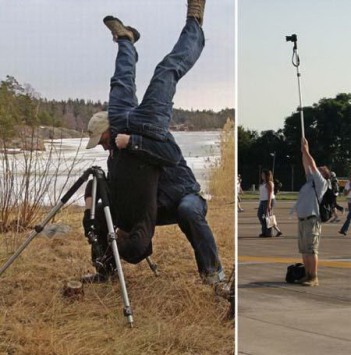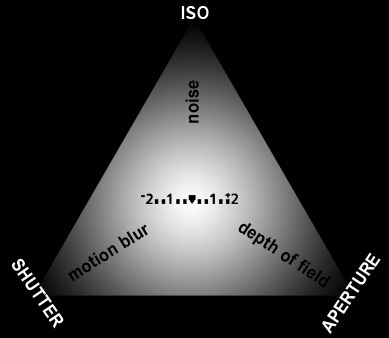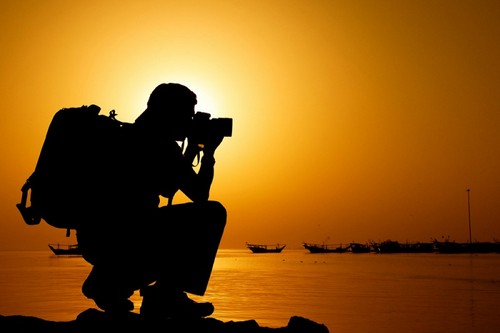
Photography has been rapidly growing. Now, the experience of learning photography has been continually made easier by the technologies of the digital age. The dark room skill, which was once half of the photography experience, has been eliminated by the digital editing process. Now, editing can be done using various editing softwares such as Photoshop, Lightroom, and Aperture. Now the problem is, with all these ease of the digital age, why do some people feel the science of photography hasn’t evolved? Or do you also feel this way? This post may provide some enlightenment of some of the reasons barricading the progress of photography in this digital age.
1. The ever-growing reliance of digital post-editing.
Digital photo editing is much easier and simpler than editing the photograph in a dark room. But now, many people are trapped in the convenience it offers. Many photographers become spoiled in that they think lightly of the production of a good on-site photograph, thinking that the ordinary can always be made extraordinary later during the post editing. This then reduces the will to be well prepared before a shoot, like preparing proper lighting, background, and model’s make up. This means these photographers will spend much more time in front of the computer editing than concentrating on being the best on shoot. True, setting a professional photo shoot can take more time and more complicate setups, but this is where the art lies. More prepared photos result in a more natural look that will not require much digital post-editing.
2. Lack of understanding of the camera used.
Digital cameras, both point-and-shoots and DSLRS, are now more easily obtained and the range in price is wider than ever. There’s now a wide variation of different features for a range of different budgets, from the very cheap to the very expensive. And in this digital era, most cameras now have the Auto mode feature, where photographers can press the trigger button, and the camera will do the rest. With the comforts this Auto Mode brings, photographers are now pampered by the simplicity and therefor lacks the understanding of the concepts of Depth of Field, ISO, or the effects of shutter speeds. Download this DSLR Photography guide to learn more about the basics of photography.
3. Good photographs are produced by expensive/advanced cameras?
Many beginner photographers think that only expensive cameras can produce good photographs. Let’s rethink this opinion. Do expensive cameras automatically find interesting objects? Do advanced cameras automatically compose photos? Do expensive cameras find the best lighting for a photograph all on its own? The answers are of course a resounding “no.” However great the camera is, there’s always someone behind it that controls its production in creating a photograph. And that person behind the camera is called a photographer. Good photographers are considered good because of their creativity, in composing objects, talent in capturing a moment, and their knack in determining the best time for shooting photographs. Cameras are mere enablers for photographers to create their works of art. A great photographer can use even the most basic point-and-shoot cameras to produce amazing photographs. Try and browse works of photography before 1990. There were plenty of photographs created by great photographers using analog cameras that didn’t have any auto mode functions. When an amateur photographer meets an advanced camera, does this guarantee an extraordinary photograph? I highly doubt it. The most important thing is the “man behind the lens.” Practice often and continue learning, even the professionals were once amateurs.
4. Influence of the online communities.
With the development of the digital era, many photography communities emerge online on the Internet. Indeed, these communities are a great way to share works of photography and share knowledge amongst photographers. The problem now is, most members of the online photography community are amateur photographers. So most comments in these sites are from fellow amateur photographers. Do not get easily satisfied when approvals are given toward your photograph in these online photography communities. High approval ratings of your photographs in these sites do not necessarily mean your photographs are ready for the professional world. If you want to go into photography professionally, don’t just showcase your work in online communities. Develop your skill by entering photography competitions, or send your works to print medias because photographs that make it into a print media usually go through an intense selection process selected by professional editors. So if your photograph is chosen to print, that means your photograph has gotten the approval of a person highly experienced in the field of photography.


















